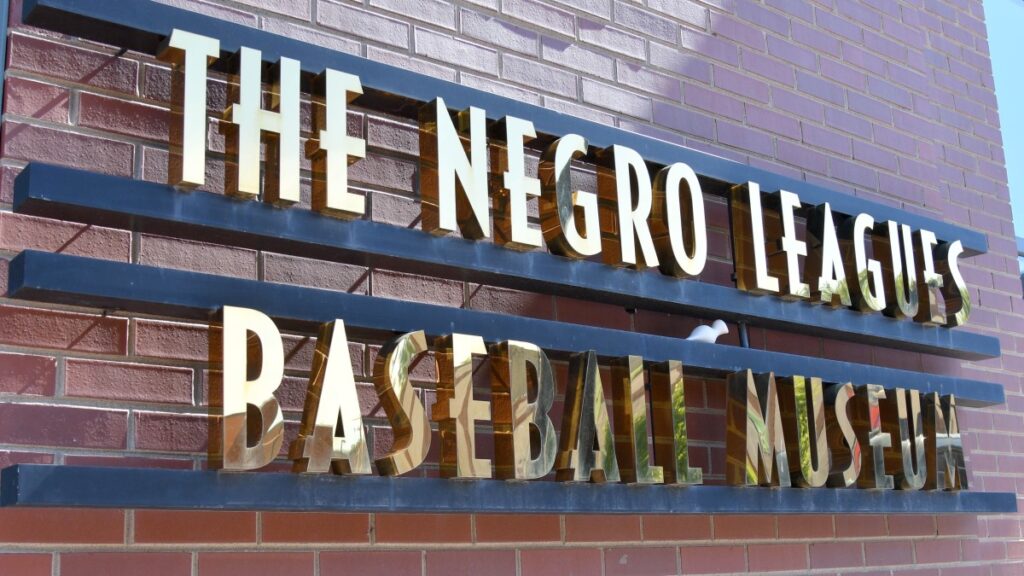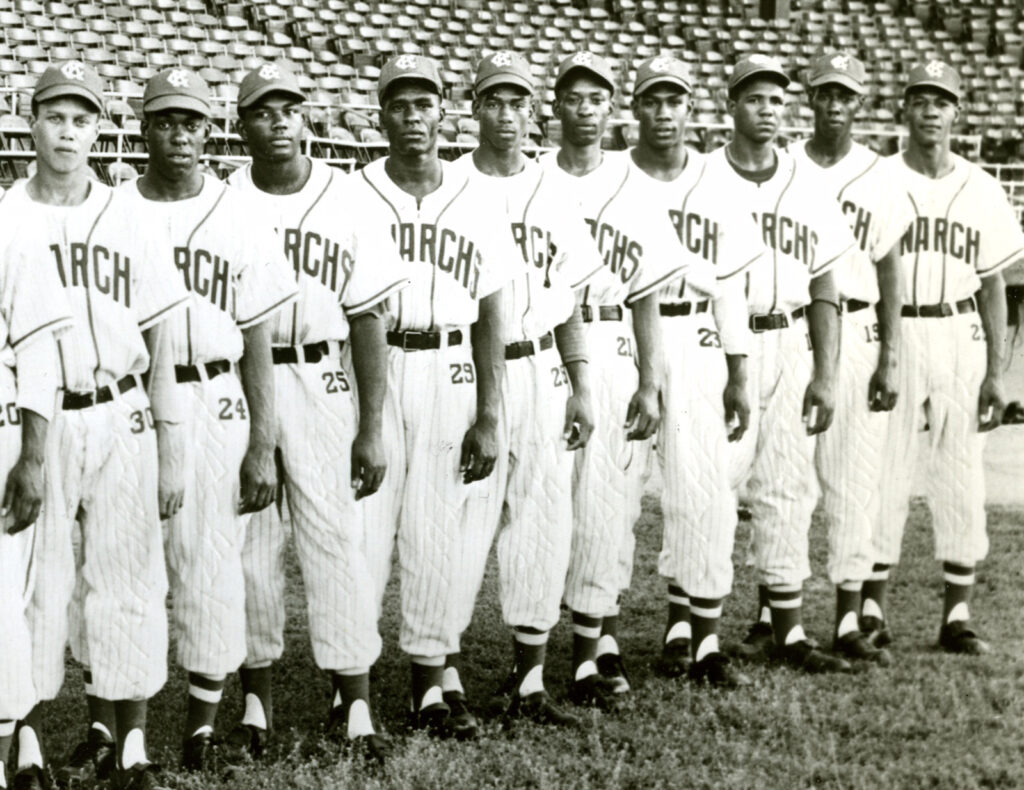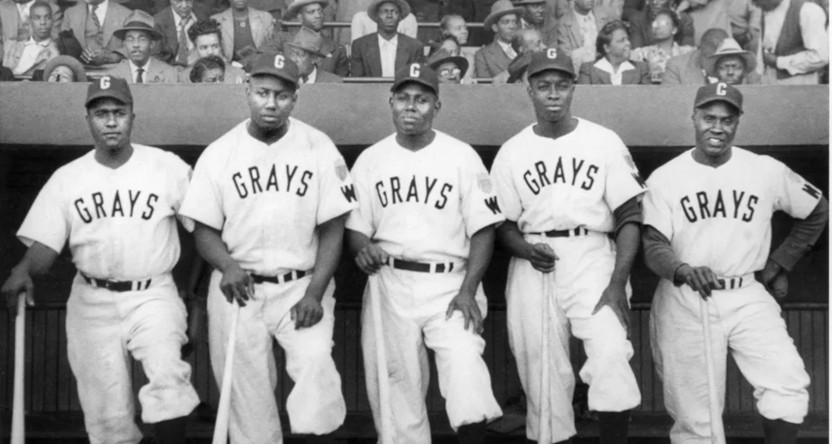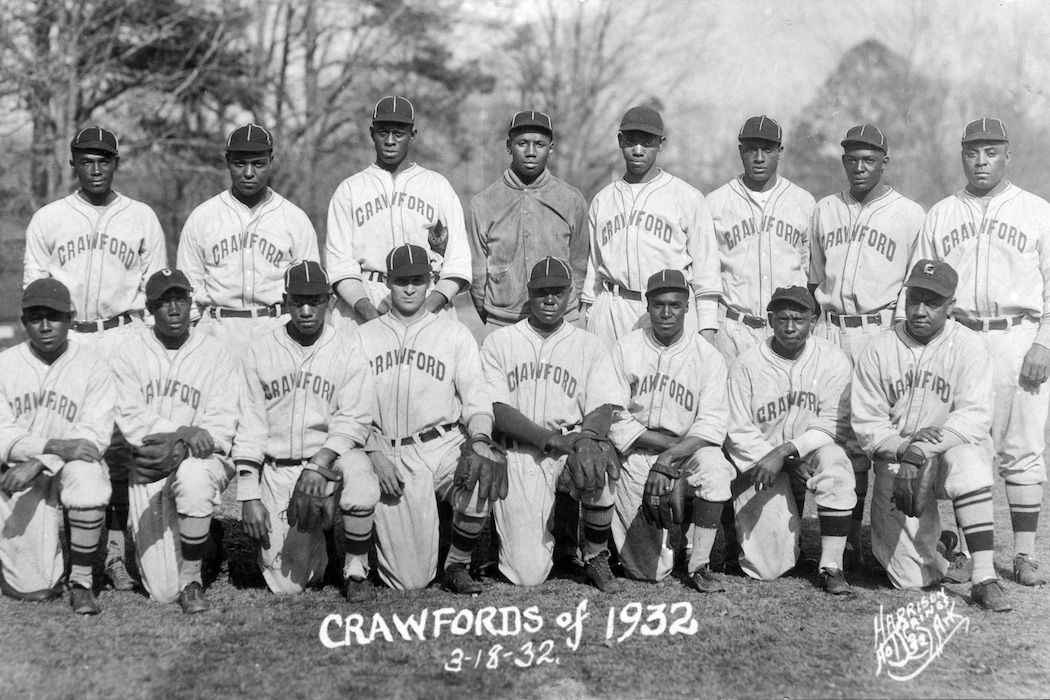Baseball Finally Adds Negro Leagues to its Official Records After Decades Long
Written By Zaina Cummins
On Wednesday, Major League Baseball took one of its biggest steps to redress past racial wrongs: It formally recognized several of the Negro leagues as on par with the American and National leagues, a distinction that will alter the official record books to acknowledge a quality of competition that the long-excluded players never doubted.

“All of us who love baseball have long known that the Negro Leagues produced many of our game’s best players, innovations and triumphs against a backdrop of injustice,” Rob Manfred, the commissioner of Major League Baseball, said in a statement. “We are now grateful to count the players of the Negro Leagues where they belong: as Major Leaguers within the official historical record.”
The decision to recognize Negro league players as major leaguers was a welcome change for the people who have fought for years to keep the leagues’ memory alive. But Bob Kendrick, the president of the Negro Leagues Baseball Museum, said that no announcement from Major League Baseball could validate leagues that earned their own legitimacy.
“It gives greater context to the Negro leagues in a quantifiable way, as opposed to the lore and legend that sometimes drives this story,” Kendrick said of the changes. “But I can tell you this: For those who called the Negro leagues home, they never questioned their own validity.”

“They knew that their league was as good as anybody’s league,” he added.
Numerous leagues made up of Black players formed as early as the late 19th century as a result of the color line observed by the American and National leagues. The quality and organization of the leagues varied wildly, but Major League Baseball determined that from 1920 to 1948 seven distinct organizations met the standards of major leagues.
“We’re trying not to honor individual players but the league experience, and the Black experience in baseball and America,” Thorn said.

The greatest challenge in incorporating Negro league statistics into the official record is the scattered nature of the various leagues, which led to somewhat inconsistent record-keeping. The statistics are complicated by barnstorming exhibitions — some against players from National and American league teams — and other competitions that do not show up in the numbers soon to be added to the official record.
Hall of Famers like Aaron and Banks, who played briefly in the Negro leagues, have long been among the 19,902 players listed on the Baseball Reference website as having performed in the major leagues. They are about to have a whole lot of new company.“It’s an elevation of an entire league,” Thorn said. “Any plans for a celebration of M.L.B.’s 20,000th player now have to go into the wastebasket.”
We also provide red carpet hosting services as guests walk into your event one of our hosts will interview the guest. Photography is one of our services feel free to contact at anytime 24 hours a day.

